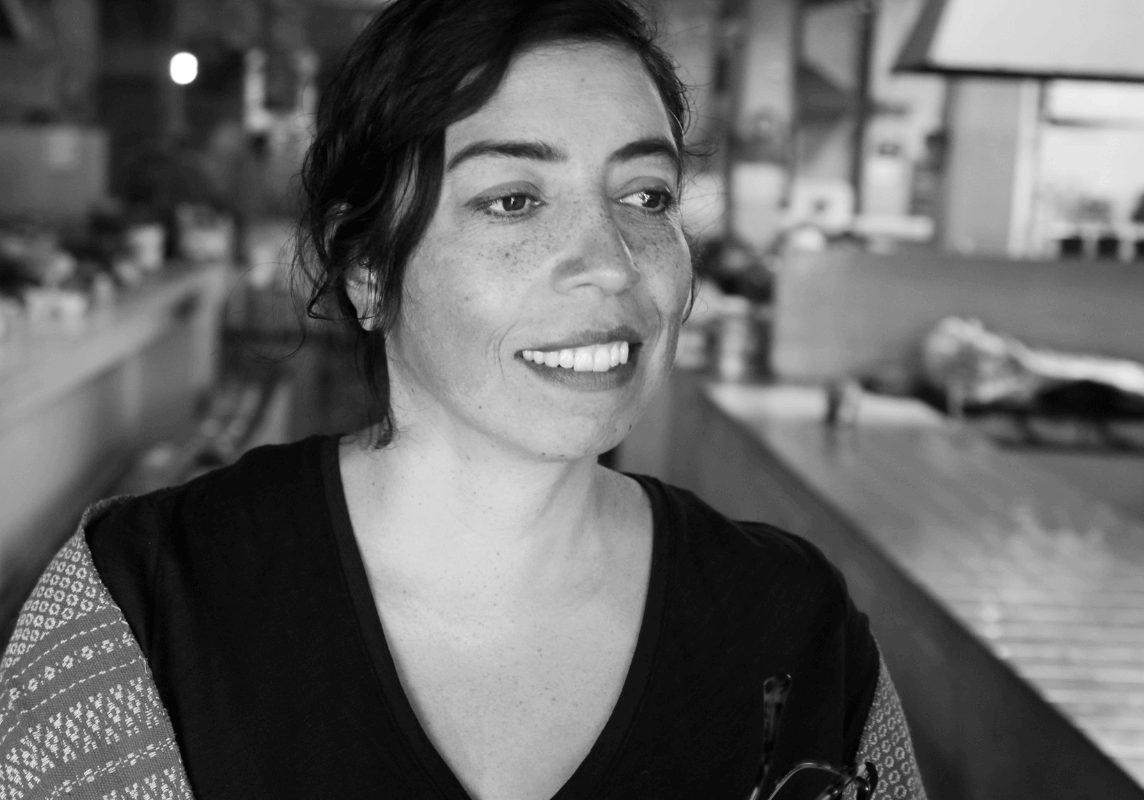
Listening to reality: The Cinema of Tatiana Huezo
Born in El Salvador and grown up in Mexico, Tatiana Huezo explores the deep soul of her country, shaken by a violent and painful war, with an extremely delicate approach. She works between documentary and fiction, crossing their boundaries to be able to listen to reality. The dimension of sound is the privileged ground in which the filmmaker's cinematic gesture is generated, becoming a place of intimacy, confession, and trust. It is a place where violence can be evoked, exorcised, denounced, and where the individual and collective dimensions can coexist.
These are the bases for El lugar más pequeño (2011), Huezo’s debut in which she returns to a small village in her home country, a community that is being reconstituted a decade after the civil war, and Tempestad (2016), a tormented road movie that travels across a Mexico dominated by human trafficking. Alongside her country’s traumas and repressed events, there are those communities that resist. In her fiction debut, Noche de fuego (2021), as well as in her latest film, El Eco (2023, awarded best documentary at the Berlinale), the gaze lingers on young women growing up and on communities of resisting women, in which female figures weave new relationships against the backdrop of the criminal cartels’ war.
Festival dei Popoli pays homage to one of the most important voices of the contemporary scene, who manages to combine lyrical dimension and firm condemnation, giving shape to a cinematic universe animated by a profound sense of resistance.

